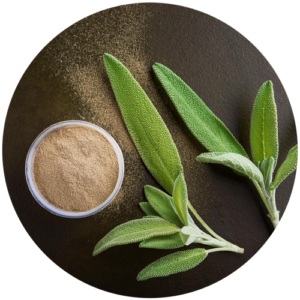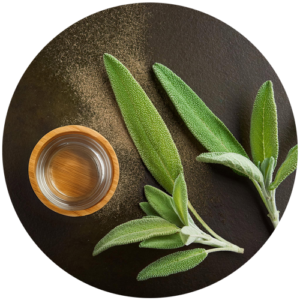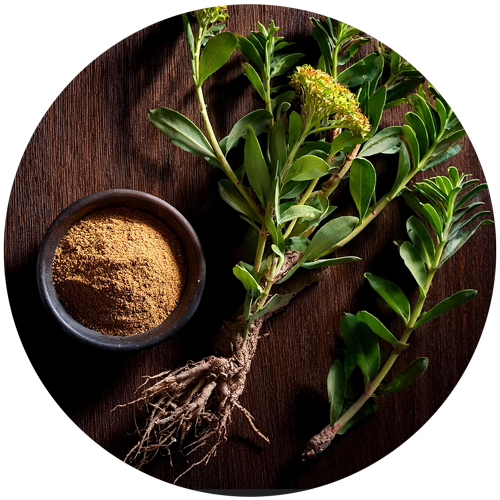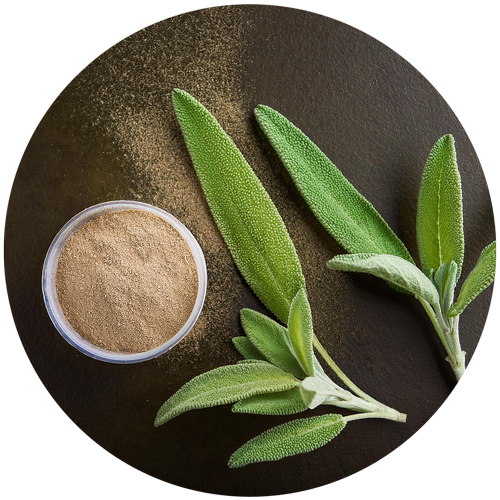

SAUGE
Salvia officinalis L. Digestion
Digestion  Menopause
Menopause  Syndrome prémenstruel
Syndrome prémenstruel 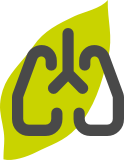 Voies aériennes supérieures
Voies aériennes supérieures  Fonction cognitive
Fonction cognitive  Cholestérol
Cholestérol  Glycémie
Glycémie La sauge Salvia officinalis L. est une plante présente dans le bassin méditerranéen. Elle est connue et utilisée dans de nombreuses médecines traditionnelles. Les feuilles de sauge ont des effets bénéfiques sur la régulation du cycle menstruel et permet de réduire les bouffées de chaleur liées à la ménopause.
Nos références
Réglementations
et analyses
Identification : TLC
Données sur l’usage traditionnel
Cahier de l’agence du médicament (France):
- Faciliter la digestion
Monographie EMA :
- Soulagement des troubles légers dyspeptiques, de brûlures d’estomac, des ballonnement et de la transpiration excessive
Monographie OMS :
-
Utilisée pour les voies respiratoires supérieures et l’enrouement
-
Utilisée comme tonique et stimulant
Monographie Canada :
-
Utilisée traditionnellement pour stimuler les sécrétions salivaires et gastriques
-
Utilisée pour réduire les bouffées de chaleur associées à la ménopause,
-
Utilisée pour arrêter la production de lait
Monographie Allemande :
- Utilisée pour les symptômes d’indigestion et la transpiration excessive
Idées d’associations par axes santé
Sélectionnez un ou plusieurs axes :
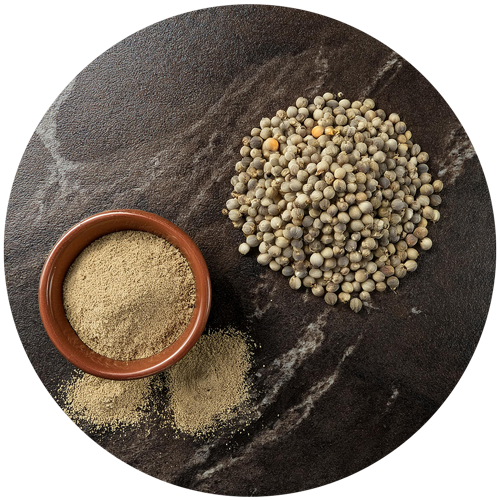
GATTILIER
Vitex agnus castus Kurz
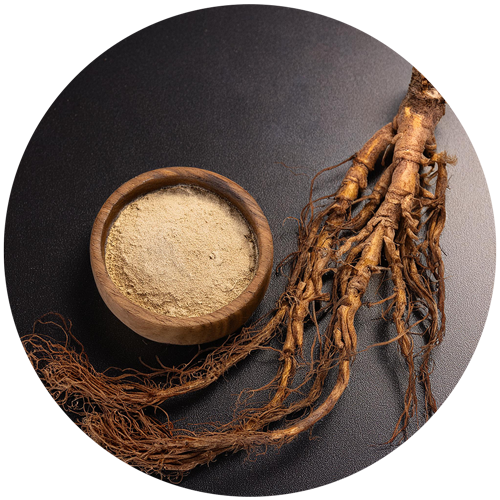
CIMICIFUGA
Cimicifuga racemosa L.
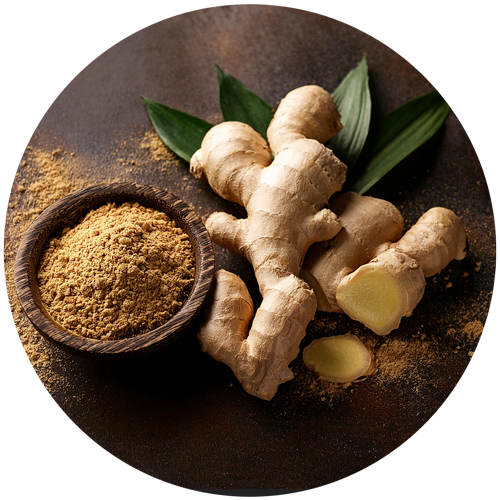
GINGEMBRE
Zingiber officinale Roscoe
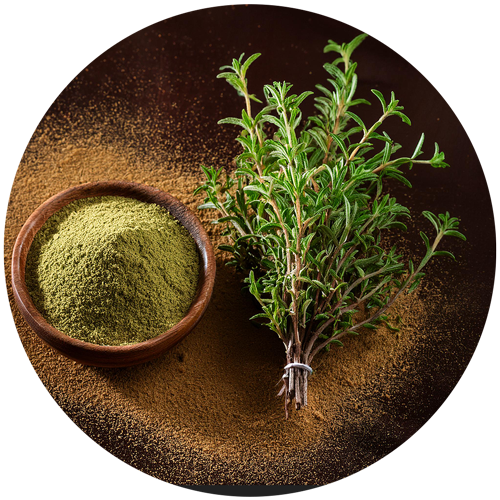
THYM
Thymus vulgaris L.
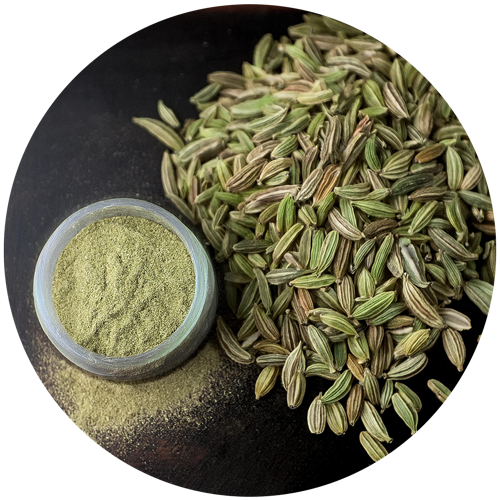
FENOUIL DOUX
Foeniculum officinale L.
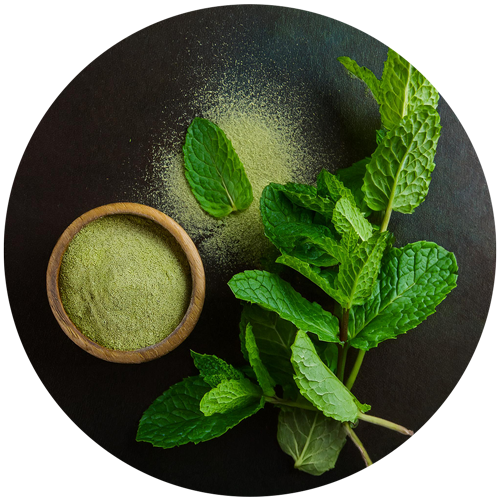
MENTHE POIVREE
Mentha x piperita L.
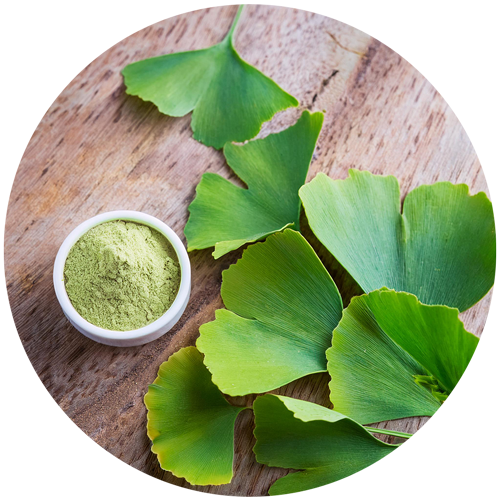
GINKGO BILOBA
Ginkgo Biloba L.
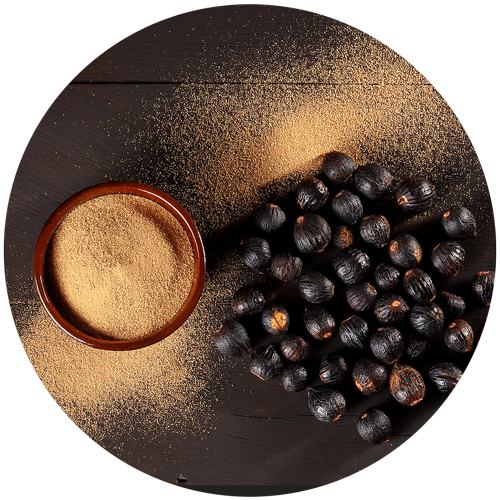
GUARANA
Paullinia cupana Kunth
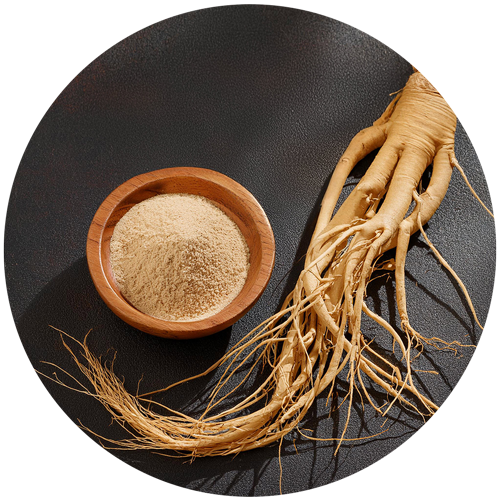
GINSENG
Panax ginseng C.A. Meyer
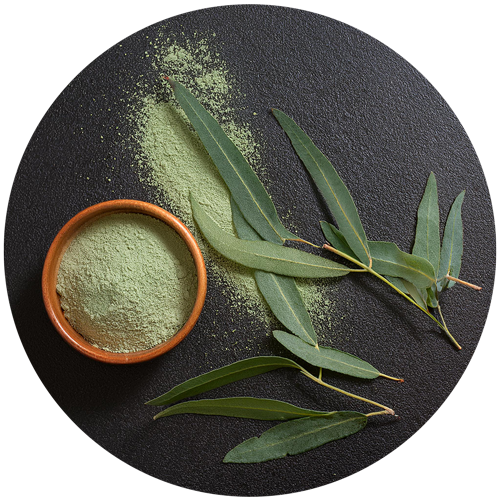
EUCALYPTUS
Eucalyptus globulus Labill.
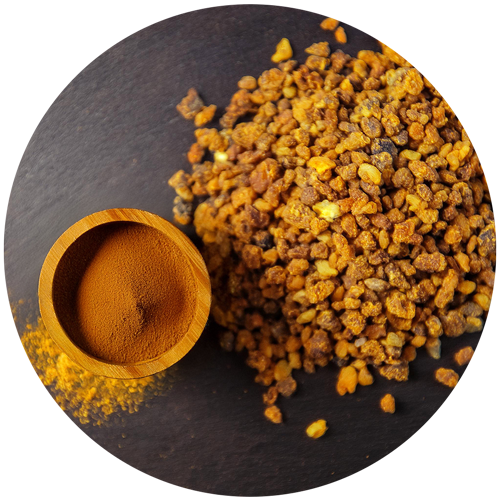
PROPOLIS
Propolis
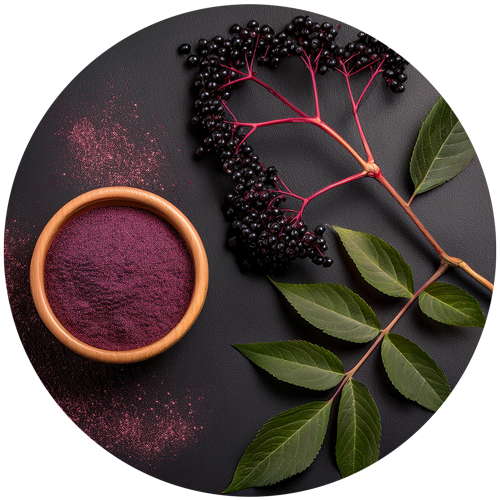
SUREAU
Sambucus nigra L.
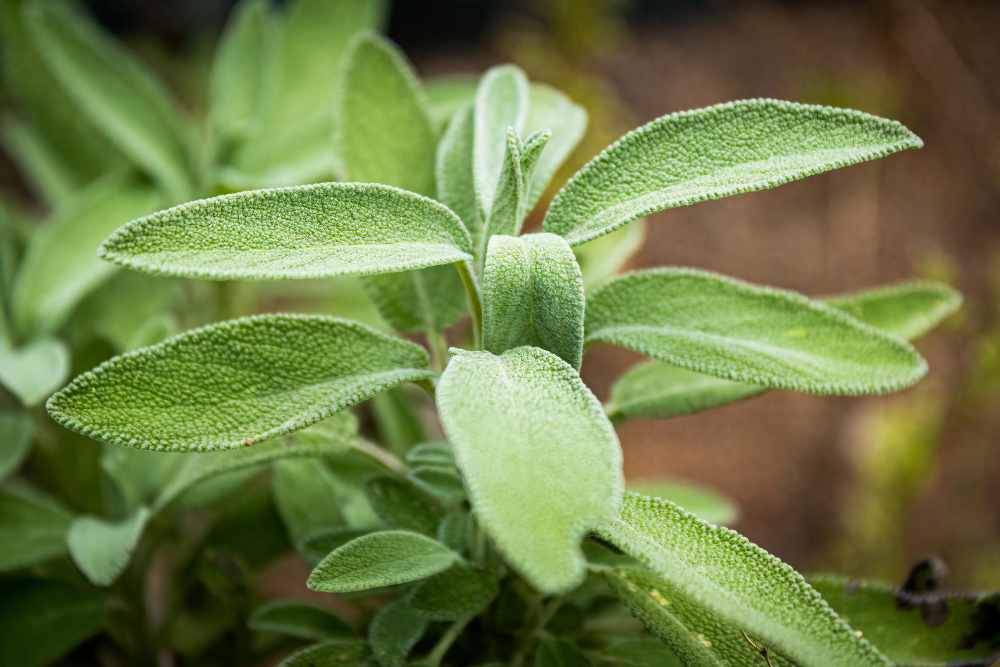
Description détaillée
Martina Jakovljević, et al, Plants (Basel) . 2019 Mar 6;8(3):55. doi: 10.3390/plants8030055
